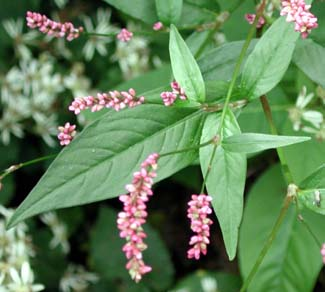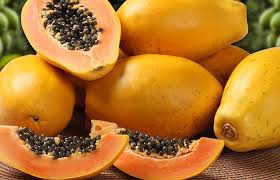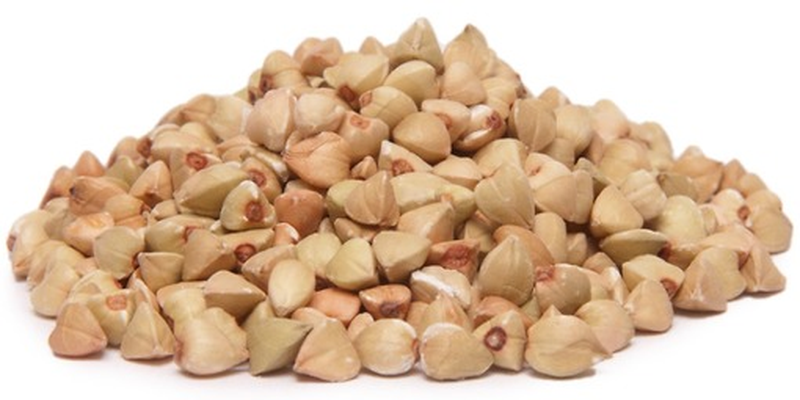The emergency contraceptive pill has been considered to be an effective, safe method of preventing an unwanted pregnancy if your contraceptive has failed or you’ve had unprotected sex. However, although it’s not well known, this pill has long-lasting side effects that can reduce your chances of conceiving later. Long before modern contraceptive methods were created, women used certain foods and herbs that acted as effective contraceptives. Just a few major scientific studies proven their worth, but the medical community is becoming aware of the efficacy of these natural contraception methods.
Natural Emergency Contraception Alternatives
Angelica
Also known as Dong Quai, it seems to stimulate uterine contractions. It is most effective when used within two weeks of a sexual encounter. It is considered to be a natural contraception, effective for unwanted pregnancy.
Blue Cohosh
It is thought that blue cohosh stimulates oxytocin to be released into the system. Brew dried blue cohosh into a tea and drink up to four cups per day. It is advised to talk to your doctor before taking this herb.
Parsley
This is one of the mild and effective herbs to use at home to naturally prevent pregnancy. Buy it in any grocery produce department. It is most effective when brewed into a tea. There are no known side effects with parsley.
Pennyroyal
Consult with a medical professional or herbalist before taking pennyroyal as it can be potently poisonous if the wrong dosage is taken. That said, pennyroyal has been used for centuries as a natural emergency contraception. Use dried in a tea, but start with small amounts to be safe.
Mugwort
Resembling parsley, mugwort’s leaves can be dried and brewed as tea to prevent pregnancy. If you have kidney problems, go easy on mugwort, as it is known to cause renal failure when taken in too large a quantity.
Cotton Root Bark
An effective way of preventing a pregnancy is through stimulating the release of oxytocin, the hormone that triggers childbirth. Roots of the cotton plant when dried and chopped up can be added to tea, or steeped in hot water. Drink a couple of cups per day.
Dried Fig
Eating two or three figs daily, particularly right after intercourse can act as a birth control measure. Don’t eat too many, however, because it can bother the stomach. Figs stimulate blood circulation too.
Black Cohosh
Another herb that stimulates the release of oxytocin is also a relative of blue cohosh. As oxytocin triggers contractions of the uterus, it aids in preventing unwanted pregnancies.
Dried Apricots
Boil together 3 ½ ounces of dried apricots and two tablespoons of honey in some water for about thirty minutes. Drink one cup as a birth control measure, or to control excessive bleeding. Go easy on eating dried apricots during pregnancy, however, because excessive amounts of vitamin A can cause birth defects.
Smartweed Leaves
Commonly found around the world, smartweed contains three components that block early pregnancy: gallic acid, rutin, and quercetin. Steep four ounces of fresh smartweed leaves in four cups boiling water. Strain and drink until your menstrual cycle returns. Smartweed will also regulate irregular periods.
Jack in the Pulpit Root
The roots of Jack in the Pulpit is another potent herb that prevents conception. Place a teaspoon of the dried roots in a half cup of hot water. Stir, strain, and drink. It works up to one week to prevent conception.
Thistles
Used by the Quinault Indians, thistle provides temporary sterility. Place a thistle plant in boiling water and steep until the water becomes bitter. Strain and drink.
Queen Anne’s Lace
Queen Anne’s Lace seeds have been used for many years to prevent pregnancy. Chew the seeds, or grind them and soak a teaspoonful of ground seeds in water. Drink mixture with plenty of water once a day for several days.
Stoneseed Root
Dakota Indian women have used stoneseed root for birth control for hundreds of years. They would burn the plant and inhale the smoke to promote sterility. Place the plant root in cold water and steep for several hours. Drink one cup per day for six months. Consult an herbalist for more information.
Papaya
Eat papaya immediately following intercourse to prevent unwanted pregnancy. Eat the fruit at least twice a day for three or four days. Unripe papaya is most effective as a birth control measure. During pregnancy, eat only ripe papaya.
Wild Yam
Begin eating wild yam twice a day for one to two months before considering it a birth control measure. Don’t skip a day, as it will decrease the effectiveness of the yam.
Cinnamon
Cinnamon stimulates the uterus and can induce miscarriage or abortion. It is not very effective as other remedies are for use as natural emergency contraception, and only works when taken long term. Talk to your doctor before using it as a contraceptive.
Vitamin C
Vitamin C, found in many herbs and foods, works as an emergency contraceptive. Ascorbic acid interferes with progesterone’s function in preparing the womb. It is possible to insert a vitamin C tablet into the vagina before intercourse to create an acidic environment. Sperm can only survive in an alkaline environment, so they die in the acidic condition. This method isn’t used anymore.
Rue
Rue contains rutin and also philocarpine, both of which induce abortion. Place two teaspoons of rue in a cup and pour boiling water over it. Steep for several minutes and then drink two or three times a day.
Buckwheat
Rutin is a component of buckwheat that prevents implantation. With no side effects, you may safely take 500 grams daily to prevent pregnancy.
Neem
Neem works as a birth control method by slowing sperm motility, thereby preventing fertilization. Neem oil can be injected at the junction of the uterus and fallopian tubes where it kills sperm in thirty seconds. Men can take neem tablets daily which renders them temporarily sterile. Neem is an effective protectant against STDs and vaginal diseases.
Ginger Root
Ginger stimulates menstrual bleeding and helps prevent conception. Grate some fresh ginger into a cup of boiling water. Boil for several minutes and then steep for five minutes more. Strain and drink while hot twice a day.
- Remember that not all foods and herbs used as natural emergency contraception methods are wholly safe. Some have side effects and risks that you should be aware of. Herbs can also interact with prescription and OTC medications. Always check with the pharmacists for interactions. Some herbs can be harmful to a breast-fed baby or to a fetus. If you get pregnant when taking herbs, stop until you can talk with your doctor.






View All Comments /Add Comment